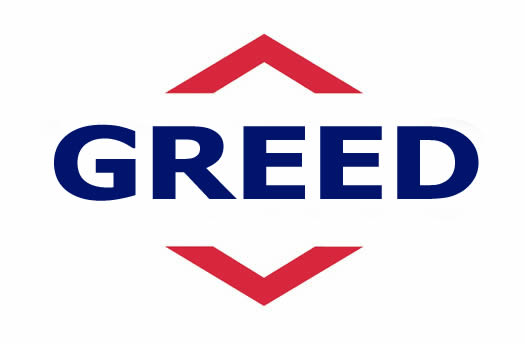
Life is full because there are so many enjoyable things to do, that every minute I can spare has a list of things I'd like to be doing during it. One of the things that tends to fall by the wayside when I'm really busy is reading. But one good thing about my current exercise program is that it lets me do more reading. Audiobooks, mostly, which I get from
Audible and play on my Palm while I ride the recumbent stationary bike.
I recently finished reading
Entanglement by Amir Aczel, a very thorough tour of quantum mechanics focusing on entanglement and its role in the history of quantum theory. I've read a lot of books about quantum mechanics and sometimes feel like I almost, but don't quite, understand it as I'm in the thick of one of these books, though by the end I feel it's slipped away again.
This book was perhaps the first time I understood, at least a little, Bell's theorem, or at least the alternative three-particle-entanglement version. Specifically, how it's possible to prove mathematically that there
can't be a hidden-variables theory, something which had always puzzled me before. Of course, it's already feeling like it's melting away. But at least I can recall that I have known it, and been convinced, and could review it at any time, so I no longer just have to take it on faith that the proof is real.
As with most books about quantum mechanics, the author plays up how the book will talk about the fantastic possibilities for technological advances made possible by our advancing understanding of quantum mechanics, but in the end, he really doesn't talk about them. I want to know what quantum computing is, how it works, and what advantages it has, but all I get are news article blurbs that just say that there's a huge advance, but not what or why, let alone how it works. I want to know how "spooky action at a distance" could be used for superluminal communications, or more to the point, why it can't! I want to know why we couldn't have lasers and microwave ovens without quantum mechanics, and what else we can expect to get in the years to come.
Currently I'm reading
Against All Enemies by Richard Clarke, read by the author. He does an amusing, and surprisingly good, impression of the voices and accents of the presidents and other public figures he's served under and with. His from-the-inside view of the history of modern terrorism has been shockingly enlightening, particular as I see the roots of our current situation with Al Qaeda in the events of the Cold War's end.
I always had a vague sense that there was the Cold War, then a decade or so of relative peace and safety, during which terrorism gradually became an issue, and eventually came to replace the Cold War in the role of making us all feel terrified and powerless, and giving Hollywood a source for villains. And I knew that some elements of terrorism had roots in the Middle East conflicts revolving around Israel, as well as the global oil trade. What I really never understood before this book was how the rise of terrorism, and particularly Al Qaeda and the Taliban, are not merely something that came after the Cold War, but were birthed in the same events that brought the Cold War to an end. Now I see that the events at the end of the Cold War are at least as responsible for the advent of modern terrorism as anything about Israel or oil, if not more so.
Probably the next book will be some bit of science fiction, maybe a collection of short stories. Then back to science.
 My new RAZR is having the same trouble holding a charge that the old one had. I can't possibly have gotten three bad batteries in a row! Or two bad phones in a row. But what else could it be?
My new RAZR is having the same trouble holding a charge that the old one had. I can't possibly have gotten three bad batteries in a row! Or two bad phones in a row. But what else could it be?








 RealTime and RTC
RealTime and RTC Prism
Prism Uncreated
Uncreated Bloodweavers
Bloodweavers Foulspawner's Legacy
Foulspawner's Legacy Lusternia
Lusternia